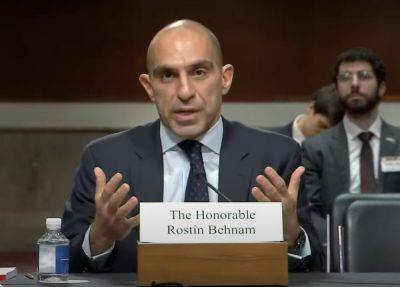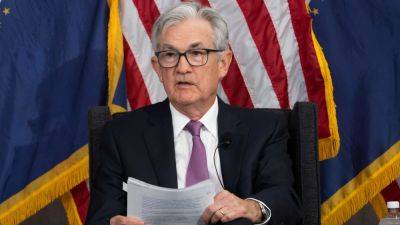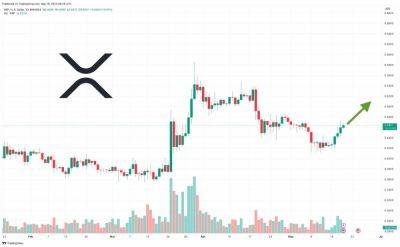Plastic pollution could be slashed by 80% by 2040, UN says
Global plastic pollution could be slashed by 80% by 2040, according to a report from the UN Environment Programme (Unep). The changes needed are major, but are also practical and affordable, the agency said.
The first step is to eliminate unnecessary plastics, such as excessive packaging, the report said. Then next steps are to increase the reuse of plastics, such as refillable bottles, boosting recycling and replace plastics with greener alternatives.
Such a shift, driven by government policies and changes in the plastic industry, would mean plastic pollution would drop to about 40m tons in 2040, rather than 227m tons if no action is taken.
The changes would bring benefits worth trillions of dollars between now and 2040, the report said, by reducing the damage caused by plastics to health, the climate and the environment.
Plastic now contaminates the entire planet, from the summit of Mount Everest to the deepest oceans. People consume microplastics via food and water, as well as breathing them in, and the particles have been found in people’s blood and breast milk.
In March 2022, 193 countries agreed to end plastic pollution, with negotiations on a legally binding agreement by 2024 now under way, hosted by Unep. The second round of negotiations starts on 29 May. The world currently produces 430m tons of plastics a year, two-thirds of which are short-lived products that soon become waste. Production is set to triple by 2060 on current trends.
“The way we produce, use and dispose of plastics is polluting ecosystems, creating risks for human health and destabilising the climate,” said Inger Andersen, Unep’s executive director. “This report lays out a roadmap to dramatically reduce these risks through adopting a circular approach
Read more on theguardian.com





















